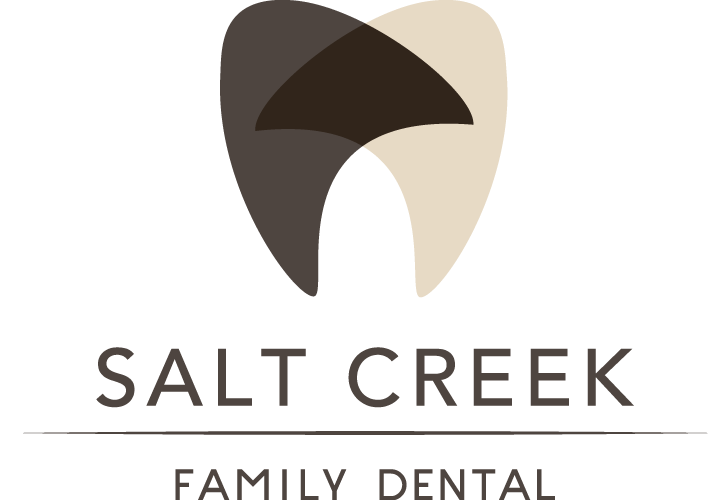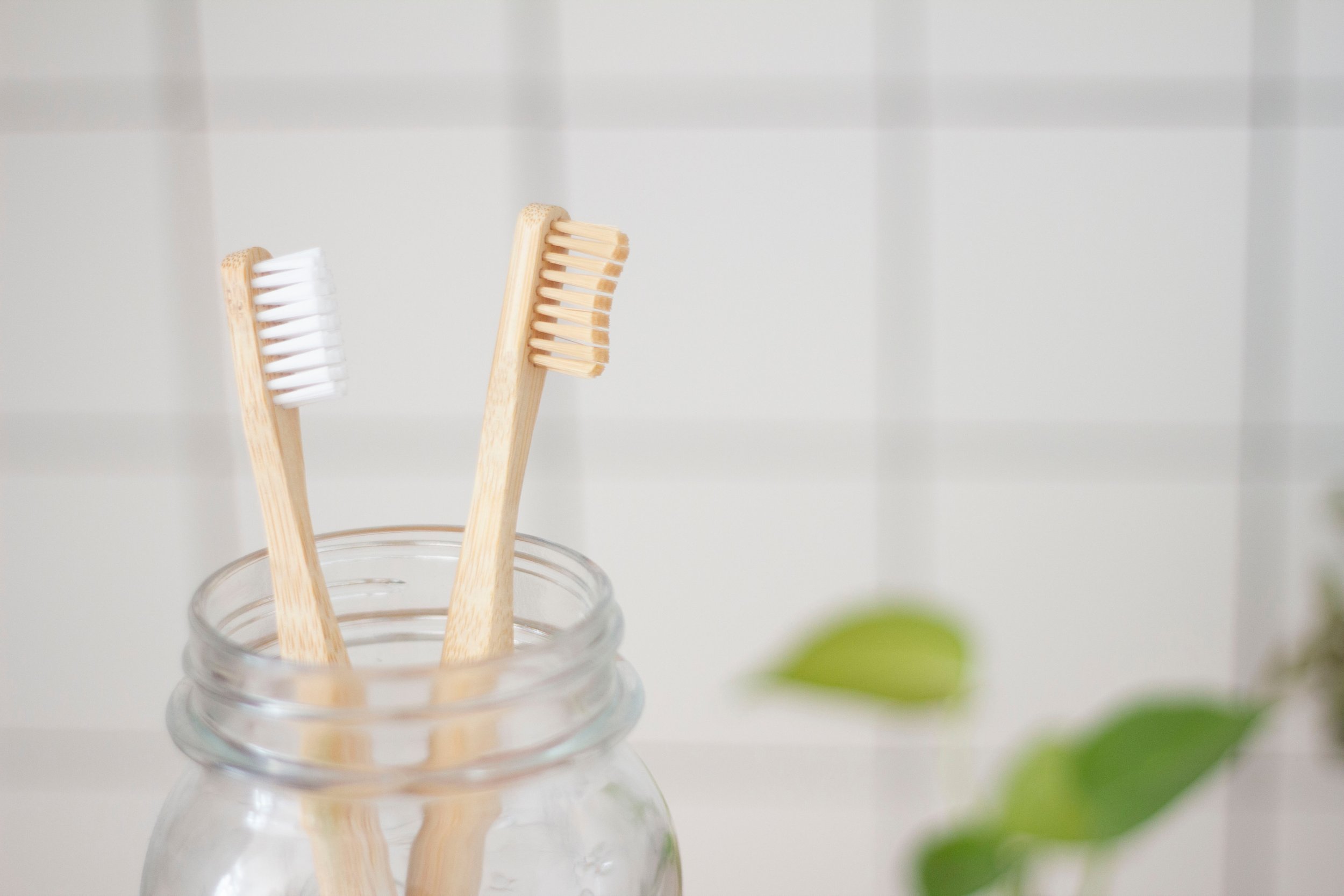Your Guide to Teeth Restorations Explained
If damaged or missing teeth are holding you back, teeth restorations can be a life-changing solution. Restorations can bring back the full function of your teeth, protect them from further damage, and give you a smile you're proud to show off. This guide will explain different types of teeth restorations and how they can transform your smile and your well-being.
What Are Teeth Restorations?
Teeth affect your overall health and well-being, impacting how you eat, speak, and even your confidence. Unfortunately, tooth decay, damage, and even tooth loss are realities many people face. This is where teeth restorations come in. These procedures repair or replace damaged teeth, restoring both function and appearance.
It Makes Chewing Easier
When teeth are damaged, decayed, or missing, it can become difficult to chew. This can lead to digestive problems as your body struggles to break down food properly. Restorations like fillings, crowns, and bridges help restore the chewing surface of your teeth. You can enjoy a wider variety of foods and maintain proper nutrition.
Ensure Clear Communication
Missing or damaged teeth can affect your ability to speak clearly. Slurred speech or difficulty pronouncing certain sounds can be a result of compromised teeth. Teeth restorations help restore the proper structure and position of your teeth, ensuring clear communication.
Prevent Further Damage
Damaged or decayed teeth are susceptible to further problems like infection, which can be painful and expensive to treat. Restorations address the existing issue and prevent further decay or fractures, safeguarding your oral health. Early intervention with restorations can save you money and discomfort in the long run.
Protect Your Confidence
Missing or damaged teeth can affect your smile and how you feel about yourself. Teeth restorations can restore the beauty of your smile. Smiling freely and confidently can have a positive impact on your social interactions and self-esteem.
Maintain Jaw Health
Missing teeth can lead to bone loss in the jaw, which can cause facial sagging and contribute to premature aging. Restorations, particularly implants, help stimulate the jawbone and prevent bone loss, maintaining a youthful facial structure. Preserving your jaw health ensures proper alignment of remaining teeth and prevents future complications.
Common Types of Teeth Restorations
There are several ways to fix damaged or missing teeth. The best choice for you depends on the specific problem and your individual needs. Here's a breakdown of the most common types of teeth restorations:
Dental Fillings
Fillings treat cavities. The dentist removes the decayed part of the tooth and fills the space with a durable material like composite resin or amalgam. Fillings stop further decay and let you keep your natural tooth. Catching cavities early with regular checkups can often make fillings the only treatment you'll need.
Dental Crowns
Crowns are like little caps for damaged teeth. They cover the entire visible part of your tooth. Crowns are necessary when a tooth is cracked, severely decayed, or has undergone root canal treatment.
They can be made of all-porcelain (for the most natural look), ceramic, or metal – each with its pros and cons regarding durability and appearance. For active Hinsdale residents, crowns protect against injury during sports or other activities.
Dental Bridges
Bridges replace one or several missing teeth. They're made of false teeth attached to crowns that fit over existing teeth on either side of the gap. They bring back your ability to chew normally and speak clearly. Plus, they look just like your real teeth.
Dental Implants
Implants are the most advanced way to replace missing teeth. The dentist places a small titanium post into your jawbone, where it acts like a tooth root. Once healed, a connector piece (abutment) and a custom-made crown are attached. Implants feel, function, and look the most like natural teeth.
Root Canal Therapy
Root canal therapy saves teeth that are severely decayed or infected deep inside the tooth. The dentist removes the infected tissue, cleans it, and seals the space inside the tooth. Often, a crown is placed afterward to protect the tooth.
While not technically a "restoration" itself, root canal therapy preserves the tooth so you can avoid extraction and more complicated procedures.
Other Teeth Restoration Options
While fillings and crowns address many situations, additional solutions depend on the severity of damage or the number of missing teeth.
Inlays and Onlays
Inlays and onlays offer a conservative alternative to crowns for moderately damaged teeth. These custom-made pieces of porcelain or resin bond directly to the remaining healthy tooth structure.
Inlays fit within the cusp (pointed chewing surface) of the tooth, while onlays cover a larger portion. This approach preserves more natural tooth structure compared to crowns. Inlays and onlays are durable and look natural.
Dentures
Dentures are removable replacements for all or most teeth in one jaw (upper or lower). Full dentures rest on the gums, while partial dentures clasp onto the remaining teeth for stability. Dentures allow you to chew and speak more comfortably.
Modern materials and techniques ensure a natural look. However, dentures require some adjustment to get used to, and some limitations exist compared to fixed restorations like implants.
Veneers
Veneers are thin shells of porcelain or resin bonded to the front surface of your teeth. They address cosmetic concerns like chips, cracks, discoloration, or minor misalignment. Veneers can dramatically improve your smile's appearance, boosting your confidence.
Choosing the Right Option for You
The ideal restoration depends on the specific situation. During your consultation at Salt Creek Family Dental, we'll conduct a thorough examination, discuss your concerns, and recommend the most suitable option based on factors like the extent of damage, the tooth's location, and overall oral health.
How To Care for Your Teeth Restorations
Teeth restorations are an investment in your smile and well-being. Just like natural teeth, they require proper care to last.
Maintain Consistent Hygiene
Regular brushing and flossing are vital, even with restorations. Brush twice daily and floss once to remove plaque and food particles that cause decay and gum disease. This affects both restoration and natural teeth. Consistent hygiene is important for Hinsdale residents with active lifestyles to prevent bacteria buildup.
Mind Your Diet
Certain foods and drinks damage restorations. Sugary or acidic foods erode the material, and hard ones can chip or crack them. Limit sugary treats and avoid excessively tough foods like nuts or candy. A balanced diet protects both your restorations and overall health.
Schedule Regular Checkups
Regular checkups are necessary to monitor your restorations and overall oral health. We'll examine your restorations for signs of wear, damage, or loose fillings. Early detection allows us to address minor issues before they become serious.
Protect Your Restorations from Bruxism
If you grind or clench your teeth at night, a custom-made night guard will protect your restorations from pressure and wear. Nightguards are comfortable and prevent damage to both natural teeth and restorations. This is helpful for people who might clench their jaw during sleep or exercise.
When To Consider Teeth Restorations
Teeth restorations are valuable tools for restoring your smile and oral health, but they aren't always needed. However, there are situations where restorations become the best solution. Here are some signs you might need a restoration:
Pain or Sensitivity
Pain when chewing, biting, or experiencing hot/cold sensitivity could indicate tooth decay, a cracked tooth, or a worn filling. Early treatment with a restoration prevents further damage and discomfort.
Chewing Problems
Difficulty chewing food can signal damaged or missing teeth. Restorations like fillings, crowns, or bridges restore the chewing surface, allowing you to enjoy a wider variety of foods.
Speech Issues
Missing or damaged teeth can affect clear speech. Restorations help restore proper structure and alignment for clear communication.
Visible Damage
Cracked, chipped, discolored, or broken teeth detract from your smile's appearance. Veneers, crowns, or fillings can improve aesthetics and boost confidence.
Loose/Broken Fillings
Loose or broken fillings expose the tooth to decay. Replacing them promptly prevents further damage.
Reclaim Your Smile With Teeth Restoration
If you experience any of these signs, schedule a consultation at Salt Creek Family Dental. We'll examine you thoroughly and discuss your options to determine the best course of action. Remember, prompt action saves time, money, and discomfort.
Your smile radiates confidence, welcomes connection, and brightens the world around you. If damaged or missing teeth are holding you back from smiling freely, let teeth restorations transform your life.
Frequently Asked Questions
-
Lifespan depends on the type of restoration, your habits, and oral hygiene. Here's a general guide:
Fillings: 5-15 years
Crowns: 10-20+ years
Bridges: 10-15+ years
Implants: Can last a lifetime
-
Modern anesthetics make procedures comfortable. We also offer sedation options for patients with anxiety.
-
Yes. Today's materials and techniques allow us to create restorations that beautifully match your existing teeth.
-
During your consultation at Salt Creek Family Dental, we'll examine your teeth, discuss your concerns, and recommend the best solution for you.
Other Resources
Oral Health
Discover how simple changes to your oral health routine can lead to a brighter, healthier smile




